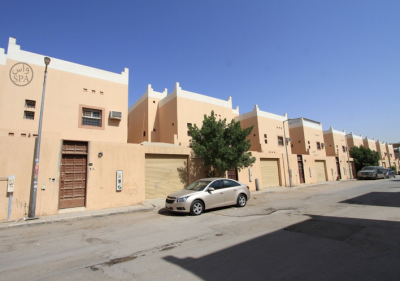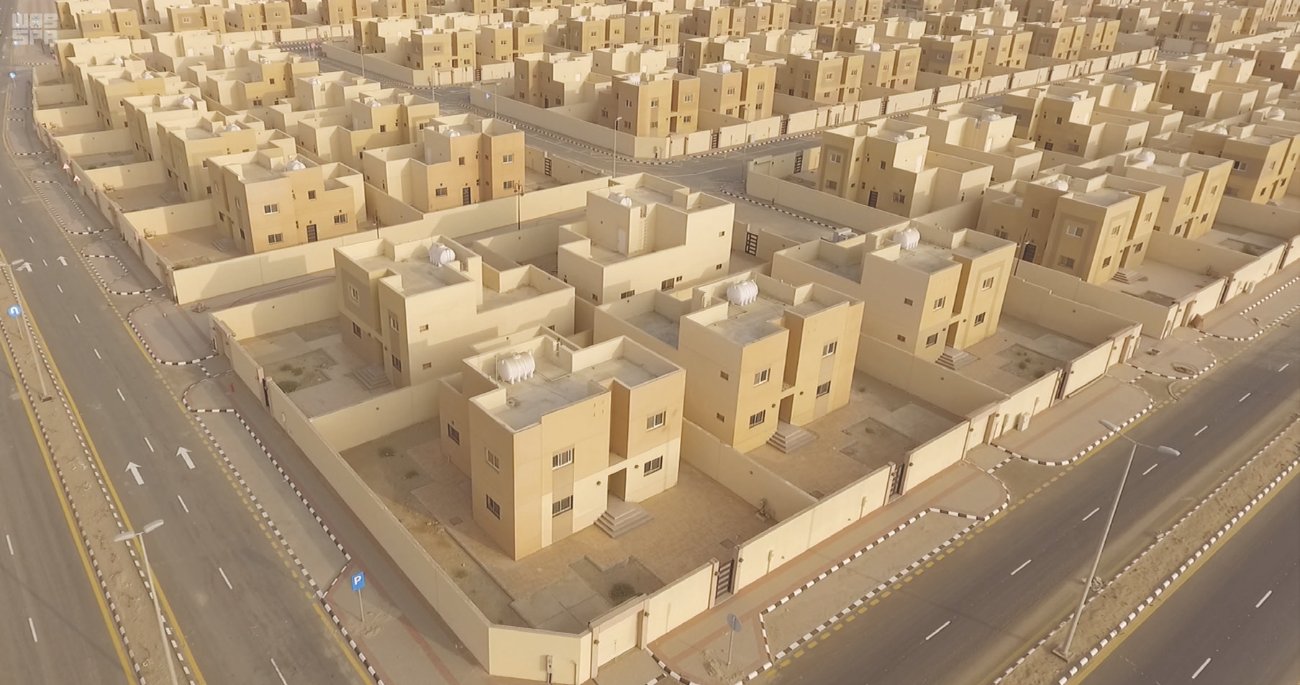A new report in the London-based Asharq Alawsat revealed an under-consideration initiative within a larger national strategy new regulations enabling non-Saudis’ ownership of real estate in the Kingdom, a move that hopes to attract foreign capital and increase investments in the sector.
According to the report, the General Real Estate Authority has completed studying a proposed system pertaining to controls and requirements for non-Saudis’ ownership “in targeted areas within the Kingdom.”
The new regulations are still being worked through Saudi Arabia’s various governmental bodies toward approval, the report said, but no final resolution has taken shape.

Minister of Municipal and Rural Affairs and Housing Majed Al-Hoqail said that amendments to the executive regulations of White Land Tax (WLT) Law, approved by the Council of Ministers on Tuesday, will spur the Kingdom’s development march and supply of real estate.
The General Real Estate Authority has met with both the National Information Center and the National Competitiveness Center “to review the current foreign ownership procedures and develop proposals in order to submit them to the Saudi Ministry of Interior,” according to the report.
Reforms in Saudi Arabia’s real estate sector fit into the Kingdom’s Vision 2030 economic and social reform plans. Affordable housing and the opportunity to obtain mortgages easier for Saudis are both top priorities for officials.
But so, too, is attracting foreign investment. The ability for foreigners to acquire real estate would bring inflows of capital into the Kingdom.
Meanwhile, other simultaneous reforms in the Kingdom’s real estate sector – such as a new White Land Tax (WLT) Law, amendments to which were approved by the Council of Ministers on Tuesday – will spur the Kingdom’s development of its real estate sector and make it more competitive.
The Asharq Alawsat report also detailed the comprehensive strategy for the real estate sector as being based on four pillars and focused “on 15 goals and 18 initiatives, which are linked to 22 measurement indicators.”
From that report:
The first pillar is the governance of the real estate sector and deals with developing governance models, effective communication plans and improving supervision mechanisms, among other objectives.
The second pillar focuses on empowering and sustaining the sector. It includes an initiative to create a database and a platform for real estate indicators, in addition to developing training, qualification, accreditation and classification for all real estate professionals.
The third pillar is market effectiveness and includes the registration of land and property and the implementation of laws and regulations. Among its initiatives are the establishment of a central land registry and the development of an electronic platform for real estate registration, in addition to establishing a mechanism for auditing and supervising activities and ensuring the quality of implementation.
The fourth pillar includes a set of priorities and initiatives for establishing a real estate arbitration center, developing procedures and policies for resolving disputes and organizing sales and marketing activities.









